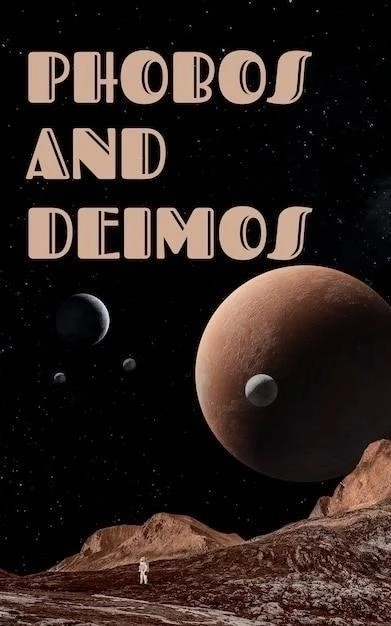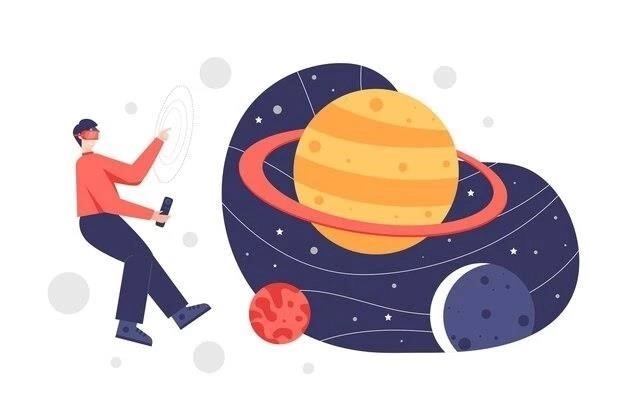Jupiter, the largest planet in our solar system, is a celestial giant that has captivated astronomers and stargazers for centuries. Its swirling clouds, massive size, and powerful magnetic field make it a truly awe-inspiring object. Here are some intriguing facts about this gas giant that might surprise you:
Jupiter’s Immense Proportions
- King of the Planets: Jupiter is not just the largest planet in our solar system, it’s more massive than all the other planets combined! It would take 318 Earths to equal Jupiter’s mass.
- A Hollow Shell: If Jupiter were hollow, you could fit over 1,000 Earths inside.
- Giant Red Spot: The Great Red Spot, a storm raging for centuries, is a vortex larger than Earth. It’s a testament to Jupiter’s powerful atmospheric forces.
Jupiter’s Composition and Atmosphere
- Gas Giant: Jupiter is primarily composed of hydrogen and helium, making it a gas giant. It lacks a solid surface like Earth.
- Liquid Hydrogen Ocean: Beneath its turbulent atmosphere, Jupiter has a vast ocean of liquid hydrogen.
- Colorful Clouds: Jupiter’s atmosphere is marked by colorful bands of clouds, formed by swirling gases and storms. These bands are a hallmark of the planet’s vibrant appearance.
Jupiter’s Moons and Magnetic Field
- A Moon-Filled World: Jupiter boasts a vast family of at least 95 moons, some of which are as large as planets. Its largest moons, known as the Galilean moons (Io, Europa, Ganymede, and Callisto), were discovered by Galileo Galilei.
- Magnetic Powerhouse: Jupiter has the strongest magnetic field in our solar system, even stronger than the Sun’s. This magnetic field generates an enormous magnetosphere, which extends far beyond the planet’s atmosphere.
- Ganymede: Ganymede, Jupiter’s largest moon, is also the largest moon in our solar system. It’s even bigger than the planet Mercury!

Jupiter’s Role in Our Solar System
- Gravitational Influence: Jupiter’s immense gravity significantly impacts the orbits of other planets in our solar system. Its gravitational pull is thought to have protected Earth from some potentially devastating impacts.
- Vacuum Cleaner: Jupiter’s massive size and gravity often act as a cosmic vacuum cleaner, attracting comets and asteroids that might otherwise collide with Earth.
- Protecting Earth: The gravitational influence of Jupiter helps to deflect and capture comets and asteroids, playing a role in shielding Earth from potentially devastating impacts.

Jupiter’s Fascinating Features
- Faint Rings: Although not as prominent as Saturn’s rings, Jupiter does have a system of faint rings. These rings were discovered in 1979 by the Voyager 1 spacecraft.
- Fastest Rotation: Jupiter spins faster than any other planet in our solar system, completing a rotation in just 10 hours. This rapid rotation is responsible for its flattened shape and powerful magnetic field.
- Radio Emissions: Jupiter emits powerful radio waves, detectable even from Earth. These emissions are generated by the interaction of its magnetic field with its atmosphere.
Jupiter is a world of extremes, a planet that embodies the power and grandeur of the universe. Its size, composition, and dynamic nature make it a constant source of fascination and exploration for scientists and stargazers alike. As we continue to probe the mysteries of this gas giant, we are bound to discover even more incredible facts about Jupiter, expanding our understanding of our solar system and the universe beyond.










